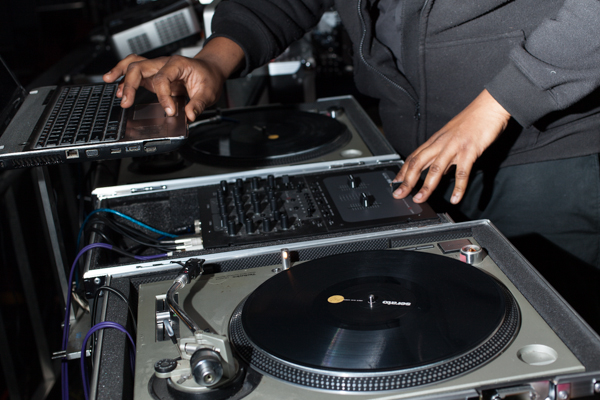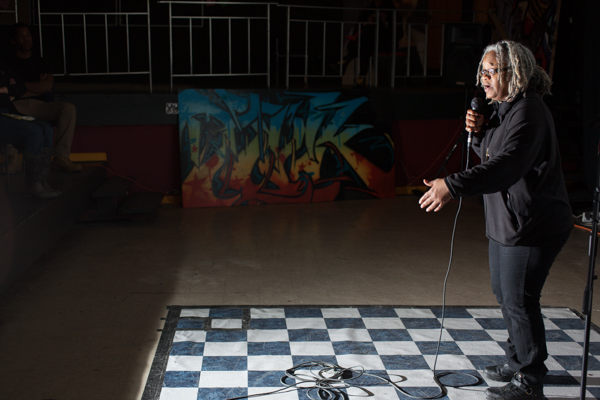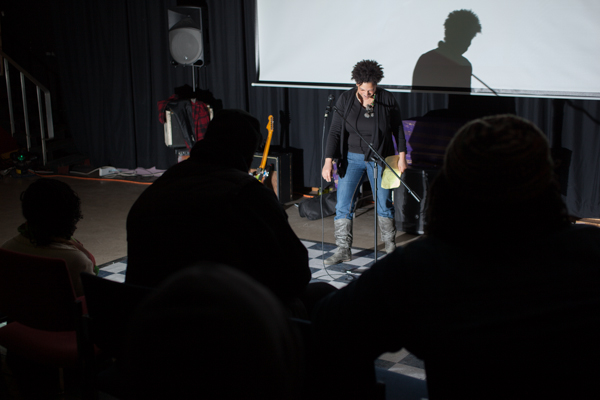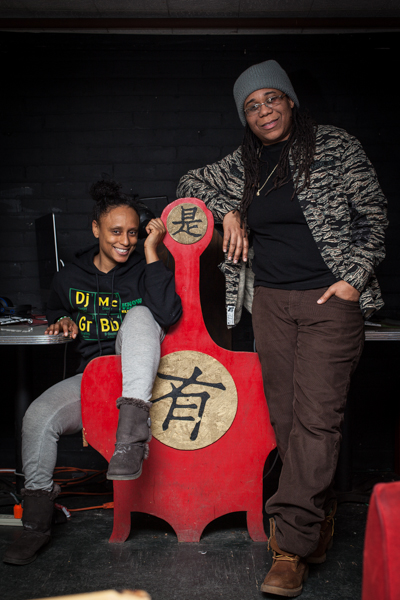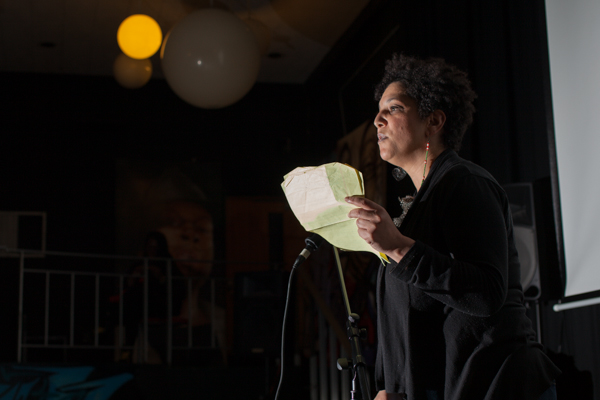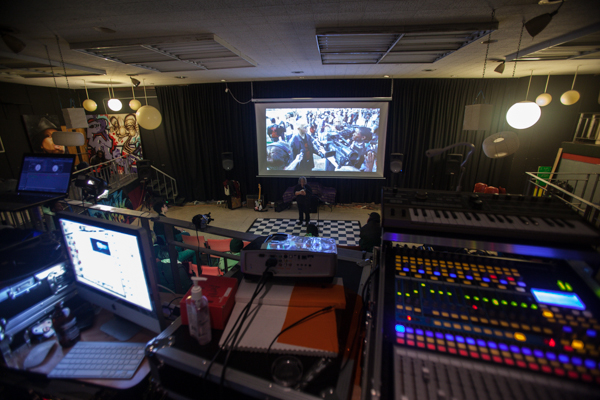State of Detroit music: Entrepreneurship in the arts
A career in music is not an automatic invitation to starvation and desperation. In fact, Keith Owens tells us, it can be as stable, even as lucrative, as just about anything else out there.
Getting your Trinity Audio player ready...
Once upon a time in Detroit, Berry Gordy’s Motown was redesigning the nation’s musical landscape to reflect our own uniquely creative blue collar image, while men and women without college educations made a comfortable living wage working in the city’s automobile factories courtesy of the visionary Henry Ford.
But even beyond the confines of Motown, Detroit musicians were proving themselves to be the equivalent of Muhammad Ali inside the ring of the arts. Few other cities could go toe-to-toe with Detroit when it came to our rather frightening depth and breadth of talent.
They weren’t exactly the good old days (the prevalence of racial tension and discrimination put the lie to that), but they were days when we were getting a taste of what it felt like to be the envy of the world. Not only did we put the world on wheels but we taught the world how to dance to an entirely new rhythm. We were Detroit, and we were the ones showing how it was done.
Then everything changed.
Detroit’s music scene today is dramatically downsized from what it once was, just like the Detroit automobile industry. But we are still here, and we can still flex a rather impressive set of muscles. More importantly, however, those musicians who remain here and have not fled for greener — and hopefully more lucrative — pastures are adapting rapidly to the changing landscape, which should come as little surprise to those familiar with Detroit’s mastery of survival skills. We survive way better than we build cars, and that’s saying something.
Education has become a critical component of those newly honed survival skills. More specifically, many Detroit musicians have learned that the best way to stay above water is to be in possession of a better boat. And to teach the younger generation of artists how to build their very own fleet.
Want a happy ending? Build your own.
“So we might as well start having a serious conversation with these young kids about entrepreneurship in the arts. At this point there is no guaranteed job, it’s about the job you create,” said Sean Dobbins, an acclaimed jazz drummer and music educator who runs two musical mentorship programs for youth, including the Southeastern Music Academy in Ann Arbor and the Spartan Youth Jazz Program, part of Michigan State University’s music program located in Detroit on Woodward Avenue.
“At this point if we were to shift and start creating more artists who were entrepreneurs, we’re going to have kind of a co-op happening in this area where there’s going to be a lot of sharing of ideas and sharing of skills so that people are always gaining. It’s like that old phrase, ‘everybody’s eating’.”
But to do that, there needs to be a shift in message to young people that a career in music is not an automatic invitation to starvation and desperation. In fact, a career in music can be as lucrative and stable as just about anything else that’s out there.
“I would challenge anyone to go out there and tell me what career, other than the medical career, is certain now. Where’s the middle market for sports? But there’s a middle market for music though. I just want to make sure that we’re not sending the message to young people that when the budget needs to be cut then the first thing to be cut are the arts.”
In other words, it’s no longer enough to simply be a good musician (if it ever was). It’s about paying just as much attention to — and mastering — the ‘business’ side of the music business as the music and performance side. And then passing that knowledge on.
“It’s not ours to keep. You get it, you cultivate it, and you send it right back.”
That is what Piper Carter does with a number of young and aspiring hip hoppers and other musicians who frequent her quite comfortable artist space at 5E Gallery, located in Midtown. Like Dobbins, Carter is sold on the idea of musicians controlling their own destinies, and this is what she teaches. The Gallery offers an entrepreneurship program for youth that teaches them the basics of musical independence such as making their own T-shirts for sale, creating and selling music online, and organizing performances for profit.
“We also do workshops at universities and schools, and create lesson plans.”
And for the hard core entrepreneur, Carter even teaches kids how to write computer code to operate robot brains that can be purchased relatively cheaply and used to operate various production functions.
“That’s our legacy; technology plus art equals business. But you gotta add community in there though, because you know the Nazis justified everything with science. That’s our philosophy; how does any of this stuff we do help?”
That would seem to be a question that the Sphinx organization has both asked and answered. Founded in 1996 by Aaron Dworkin, Sphinx has an active mission of youth development and creating more diversity in classical music through music education and performance opportunities. Dworkin is a former member of the Obama National Arts Policy Committee and the President’s first appointment to the National Council on the Arts.
According to the Sphinx website, “Since Sphinx was founded in 1996, the largest orchestras in America have increased their number of African American members by 100 percent. In all instances the member was a Sphinx alumni, the member was a Sphinx Symphony Orchestra member, or the orchestra is a Sphinx partner.”
Despite it all, Detroit continues to not only produce top-notch musicians but to educate and train them as well to cope with the ever more challenging landscape of making a living as such. Some of that talent stays here, but far too much Detroit musical talent is long gone. Seems to me that if we’re producing the best, and training the best, shouldn’t Detroit be providing more opportunities for the best to perform and make a living doing what they do best right here at home?
Maybe it’s just me.
Keith Owens is a Detroit-based freelance writer. This piece is part 2 of a three-part series on Detroit music. Here’s part 1.
